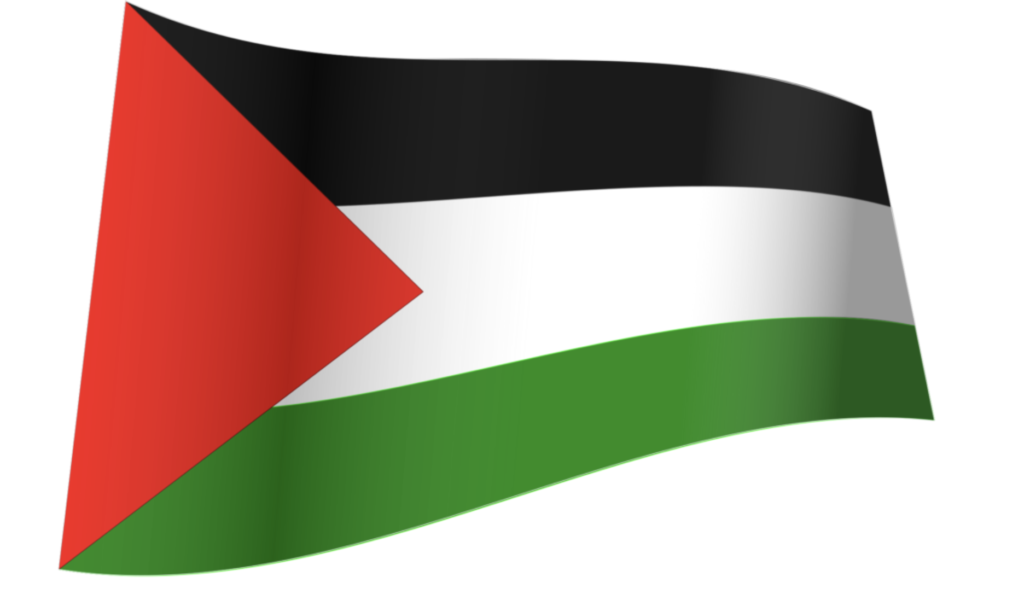Visualizing a Future for Palestine Requires Knowing Her Past

By: Miko Peled / Arab America Contributing Writer
Palestinian history did not start with the Zionist invasion, and it will not end when Zionism departs. However, the history of Palestine is too often limited to the history of Zionism. The call “From the River to the Sea, Palestine will be Free,” is a call for the return to a Palestine that was free, rich, tolerant, and full of promise.
The Zionist war on the Palestinian people is a long and painful one. However, we must not let this war define Palestine. The wealth and diversity of Palestinian culture and history reach farther back and have had an impact far greater than the war and oppression of the Zionist period. This is not to undermine or minimize the devastation brought upon Palestine by the Zionist invaders and settlers, but to remind us of her richness and to help us see beyond the horrors of today, toward the vision of a free Palestine from the River to the Sea.
The mission of Palestine House of Freedom in Washington DC, (https://www.daralhurriya.org/) is to provide the context and educate so that both the past and the possibility of a future are part of the conversation on Palestine. Focusing as people tend to do – solely on the current reality in Palestine has not helped to bring the genocide of the Palestinian people and the apartheid regime to an end.
The mission of Palestine House of Freedom specifically states, “We will embark on an aggressive educational campaign targeting everyone from lawmakers, staffers, the media, to the general public to show how dismantling apartheid and establishing a free democratic Palestine from the River to the Sea with equal rights, is the path to peace and will benefit all parties involved.”
As we view the liberated spaces created by students on campuses throughout the US and beyond on the one hand, and the response of the Zionist establishment and the Zionist thugs that come to harass them, a microcosm of Palestine unfolds before us. The dignity and tolerance of the spaces created by the students represent everything that Palestine stands for hope, justice, and coexistence.
At one point when the students were accused of anti-semitism, I happened to be at the encampment at GW in Washington, DC. It was during the Jewish holiday of Passover and I noticed a long banquette table at the encampment overflowing with kosher food for Passover. The tolerance displayed was not just religious, it was cultural, and it made everyone feel safe and welcome. The only exception was people who promoted racism and violence.
Going back to education, the students were demanding that their colleges divest from Israel. That is a stance that is directly linked to the dismantling of apartheid. Once apartheid is removed it paves the way to a free Palestine from the River to the Sea (where else?) which connects us back to the glorious history, culture, faith, and beauty for which Palestine is known.
In his outstanding book, “Palestine, A Four Thousand Year History,” Dr. Nur Masalha, (https://www.bloomsbury.com/us/palestine-9780755649426/) shows that the name Palestine was used to describe Palestine going back almost 4000 years. He shows how in ancient times the Egyptians, Assyrians, Babylonians, Greeks, etc., all used different variations of the name Palestine when referring to her.
Another publication that reminds us of the wealth that Palestine possessed pre-1948 is “Palestinian Refugees in International Law,” co-authored by Francesca Albanese and Lex Takkenberg (https://opil.ouplaw.com/display/10.1093/law/9780198784043.001.0001/law-9780198784043).
This publication mentions all that the Zionist invaders of Palestine had taken once they cleared it of the Palestinian population. Entire cities and the wealth that was within them: Banks and the money stored in them, motor cars, homes, public spaces, plazas, schools, hospitals, etc., or as they say in Arabic, “Akhadhuha Mafrusha.” Furthermore, produce was taken from the fields, books and other cultural treasures were stolen, and on and on, all of which demonstrates clearly what Palestine was like before the Zionists took it and what it can once again become when this sad chapter in her history is brought to an end.
Appreciating the glorious history of Palestine and understanding the immense potential she has, is an essential component in liberating her.
Visit our blog here!








